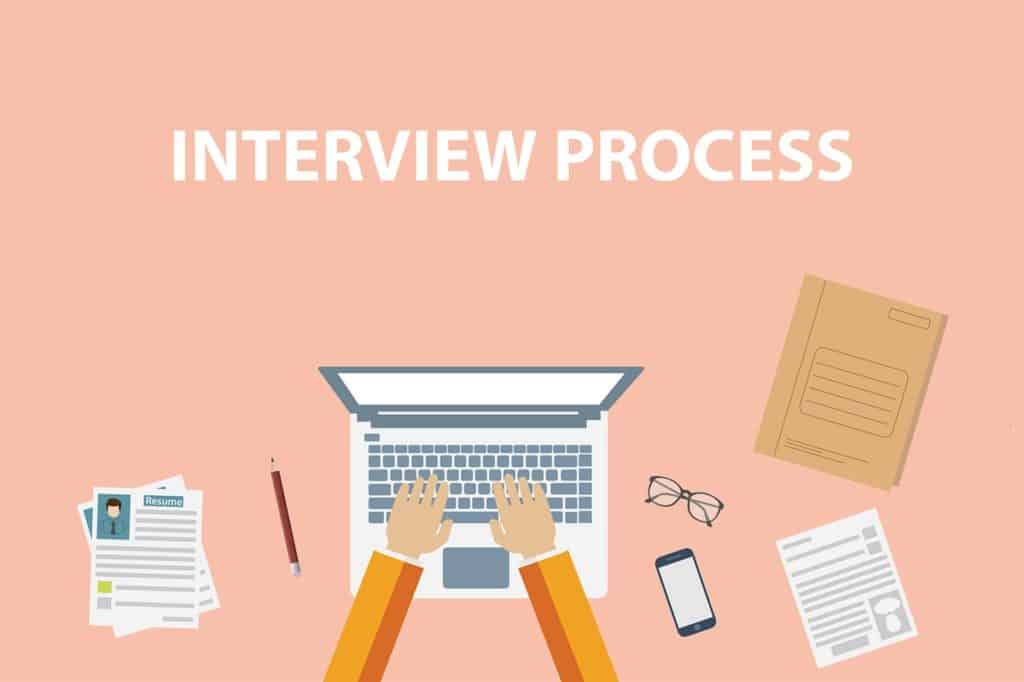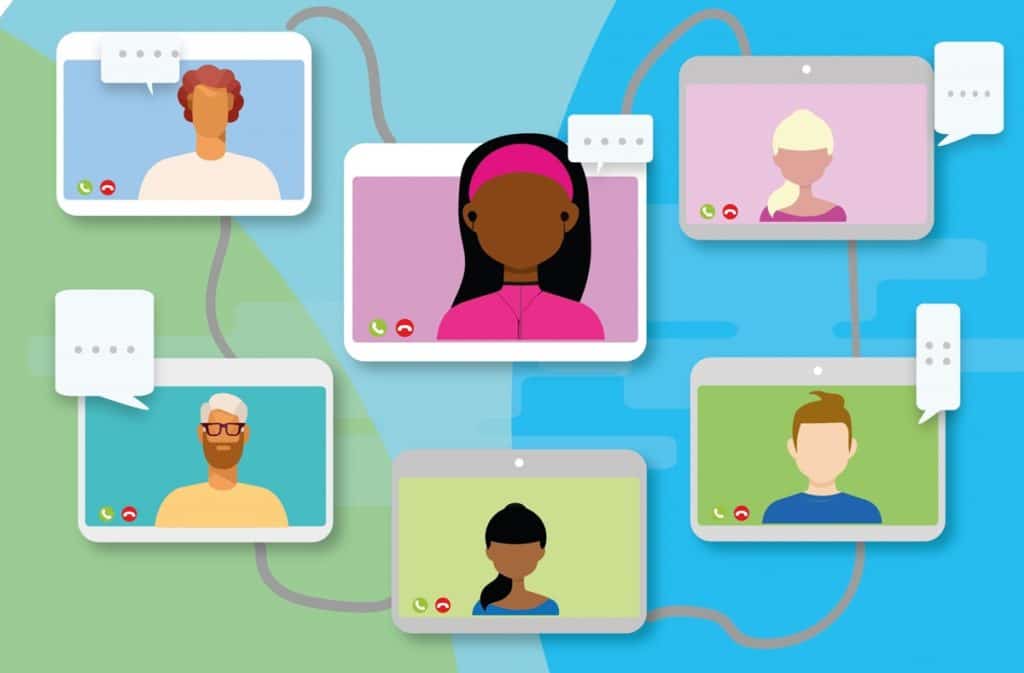The digital revolution continues to reshape numerous industries, and recruitment is no exception. Traditional recruitment processes have evolved significantly over the last decade, but the advent of video interviewing has been a game-changer. The increasing shift towards remote work and the ongoing global pandemic have only accelerated this trend.
According to a 2020 Gartner survey, 86% of organizations incorporated video interviews into their recruitment process due to COVID-19. With these developments in mind, it’s worth exploring whether video interviews are indeed the future of recruitment.
Importance of Video Interviewing Strategy
In today’s globalized and digitized world, where remote work is increasingly becoming the norm, an effective video interviewing strategy is essential. Beyond the advantages of convenience and cost-efficiency, video interviews have the potential to revolutionize the entire recruitment process. Here are some reasons why:
- Expanding Talent Pools: By facilitating interviews with candidates regardless of their geographical location, video interviewing allows recruiters to significantly broaden their search. A global talent pool is especially beneficial in industries where certain skills are in short supply locally. It also aids diversity and inclusion by enabling organizations to reach and engage with candidates from different cultures and backgrounds.
- Cost and Time Efficiency: Traditional face-to-face interviews involve expenses such as travel and accommodation for candidates, especially for those coming from different cities or countries. These types of interviews eliminate these costs. Moreover, they save a lot of time that is usually spent on scheduling and commuting, leading to a faster recruitment process. The same Zoho report stated that video interviews reduce the hiring time by up to 30%, allowing businesses to fill positions more promptly.
- Better Candidate Evaluation: Video interviews allow recruiters to record and replay the interviews. This can aid in a more thorough evaluation as recruiters can revisit certain parts of the interview, observe non-verbal cues, and even share them with other decision-makers.

Advantages of Video Interviews
- Flexibility and Convenience: With video interviews, both parties can choose a time and place that suits them best. Candidates can interview from the comfort of their homes, reducing interview stress. Recruiters can schedule and conduct multiple interviews without the hassle of reserving meeting rooms or coordinating with the candidate’s travel schedules.
- Reduced Time-to-Hire: According to a study by Aberdeen Group, video interviewing can reduce time-to-hire by up to 10 days. Given that top talent is often off the market within 10 days, a shorter hiring process can be a game-changer for businesses.
- Enhanced Candidate Experience: By eliminating the need for travel, video interviews provide a more comfortable experience for candidates, potentially improving their perception of the company. A positive candidate experience is crucial, as it impacts the candidate’s decision to accept the job offer and can influence their reviews on platforms like Glassdoor.
- Improved Efficiency: Especially in the early stages of recruitment, video interviews can increase efficiency by enabling recruiters to screen more candidates in less time. A 2019 survey by the Talent Board found that 78% of candidates are either highly satisfied or satisfied with their one-way video interview experience.
Tips for Video Interviewing
For Recruiters:
- Prepare Your Candidates: As the recruiter, it’s your responsibility to ensure that candidates have all the information they need to navigate the video interview successfully. Provide clear, detailed instructions about how to use the video platform, what the interview will entail, and what they can do to prepare. Make sure to send any necessary links or materials well ahead of time.
- Ensure Technical Quality: Poor sound or video quality can create a frustrating experience for both you and the candidate, so it’s essential to ensure everything is working correctly. Test your internet connection, audio, and video before the interview. Choose a well-lit room and avoid any background noise that could be distracting.
- Maintain Engagement: Video interviews can often feel more impersonal than face-to-face interactions. Therefore, it’s crucial to make an extra effort to appear engaged and present. Nodding, maintaining eye contact, and providing verbal affirmations can help establish a rapport and make the candidate feel more comfortable.

For Candidates:
- Test Your Technology: Don’t wait until the last minute to check your technology. Test your microphone, speakers, and camera well in advance. Make sure your internet connection is stable enough to support a video call.
- Choose the Right Environment: Your surroundings can leave a lasting impression on the interviewer. Choose a quiet, well-lit room where you won’t be interrupted. Keep your background clean and professional.
- Dress Professionally: It might be tempting to dress casually for a video interview, but it’s important to maintain professionalism. Dress as you would for a face-to-face interview. This not only conveys respect for the interviewer, but it can also help you get into the right mindset for the interview.
Conclusion
The rising prominence of video interviews in the recruitment process signifies a shift in the hiring landscape. Given their convenience, cost-effectiveness, and ability to connect recruiters with a global talent pool, it’s clear that video interviews are not merely a temporary solution but are poised to be a permanent fixture in recruitment strategies.
As technology continues to evolve, companies that embrace these changes and adapt their recruitment practices will be better positioned to attract and secure top talent. Whether video interviews will completely replace traditional face-to-face interviews remains to be seen, but their role in the future of recruitment is undeniable.
